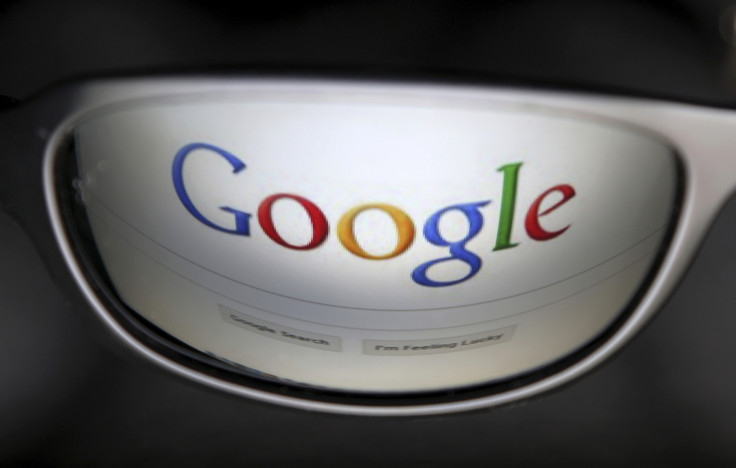Google just found a powerful new space for ads
As advertising space gets harder to come by, the search giant is pushing boundaries to maintain growth.
Google, the search unit of Alphabet (NASDAQ:GOOGL) (NASDAQ:GOOG), has struggled in recent years to boost uneven revenue growth. While the company still rules the digital ad space, it has faced increasing competition from the likes of e-commerce giant Amazon.com(NASDAQ:AMZN) as well as from social media powerhouses like Facebook.
At Google Marketing Live (an annual event for its advertisers) on Tuesday, the company announced a host of new ways for advertisers to reach consumers across its ecosystem. It detailed new ad products and new locations to place ads -- including the previously unfettered Google search page.
The undiscovered country
One of the themes of this year's event was "discovery." Google is rolling out new ways not only to help consumers find what they're looking for, but also to reach them when they're open to "discovering something new," according to Brad Bender, Google's display and video advertising chief.
Google plans to place ads in a couple of high-profile spaces, including on the homepage of its mobile website, as well as the feed on its smartphone app. The company will also feature a gallery of up to eight image-based ads in its search results, as the company looks to increase the amount of advertising it can put in front of consumers.
Advertisers will be able to place targeted ads on Gmail, Google Images, YouTube, and Google's popular Discover news feed. Last fall, the company said that more than 800 million people were using the feature each month, though it hasn't provided a more recent update. The ads will be informed by previous user searches and other online activities that suggest a customer is willing to buy, or shows "intent," in advertising industry parlance.
Google will also offer a personalized Google Shopping homepage that will let consumers compare and filter product searches by features like price or brand. The shopping page will give users a chance to buy directly from retailers on Google, elsewhere online, or in a nearby store.
To help shoppers with their purchase efforts, Google will offer to securely store customer credit card numbers. This will allow consumers to make a purchase without ever leaving the search page.
From an also-ran to a key player
Recent reports suggest that Google has been losing market share in the increasingly competitive digital advertising space. The world's largest ad buyer, WPP PLC, spent about $300 million on Amazon ads last year, more than double the amount spent in 2017. More troubling for the search giant is that about 75% of that amount was previously paid to Google, according to a report in The Wall Street Journal.
While it represented just a small portion of the more than $3 billion that the ad agency paid Google for advertising last year, it illustrates how the competition is ramping up in the digital ad space. It also gives weight to previous reports that advertising gains by Amazon are coming at the expense of Facebook and Google.
The tougher competitive environment has taken a toll on Google's growth. For the first quarter, the company's advertising revenue grew to $30.7 billion. That was up 15% year over year, but it's the slowest growth rate in nearly four years.
At the same time, Amazon's digital ad revenue has been soaring, though admittedly from a much smaller base. It topped $10 billion in 2018, and was up 117% year over year. The online seller has capitalized on a growing consumer trend, whereby more customers begin their product search on Amazon, bypassing Google's search engine entirely.

Location, location, location
These latest moves by Google seek to make maximum use of its existing digital real estate. They not only offer the potential to increase its flagging revenue growth, but also help reassure advertisers that the company isn't losing its industry-leading position.
This is a decisive move by Google, and one that Alphabet investors should love.
This article originally appeared in the Motley Fool.
Danny Vena owns shares of Alphabet (A shares), Amazon, and FB. The Motley Fool owns shares of and recommends Alphabet (A shares), Alphabet (C shares), Amazon, and FB. The Motley Fool has a disclosure policy.





















